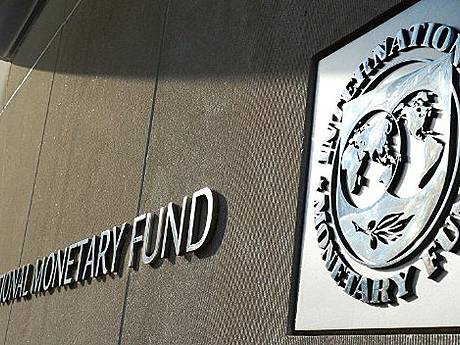
Industrialists and entrepreneurs are asking not to rely on the assistance of foreign partners alone in the stabilization of the national currency, but restore and intensify economic activity locally, President of the Ukrainian League of Industrialists and Entrepreneurs (ULIE) Anatoliy Kinakh says.
"In my opinion, the hopes that the dollar rate would stabilize soon after the IMF issues a loan to Ukraine are groundless. Today the NBU and the government insist that the national currency is crashing due to the panic on the market, however, they don't speak about the reasons for it. Although these reasons are quite obvious. These are weak public administration, the poor quality of new laws and bills submitted for to the Verkhovna Rada, including a package of amendments to the 2015 national budget, the chaotic management of the economy, the lack of specific, well-considered and approved by the public reforms, very slow work of the government on the improvement of the public administration system. Such circumstances make the community and businesses feel insecure about the future," Kinakh said.
On March 11, the IMF is planning to make a decision on granting Ukraine a new loan, however, this loan will have a positive economic effect only if effective economic management and reforms are introduced.
"We need to focus on active use of internal resources and reserves in order to involve the internal potential of Ukraine – finance, personnel, resources – while external loans are just a partial aid for reform implementation. We need a full and detailed strategy of economic development to be elaborated and approved by the government in cooperation with independent experts and business representatives. In order to reduce socio-economic tension, the government and the parliament urgently have to draw up and make public a program for overcoming the crisis in the country, start its implementation as soon as possible and report to the people on its stage-by-stage implementation," the ULIE president said. Kinakh stressed that the government's recent estrangement from the public significantly reduces confidence of citizens in the state and affects their economic expectations.
"In 2014, we saw inflation estimated at 24.9%. This is the worst index over the past 14 years. We already have inflation at the level of 3.1%, as of January 2015. These alarming figures are the result of a chaotic exchange rate policy, the absence of anti-crisis programs in the state, the collapse of the industrial sector and a gradual closure of small- and medium-sized businesses. Not only loans, but, first of all, economic recovery, will save the country," the ULIE president said.